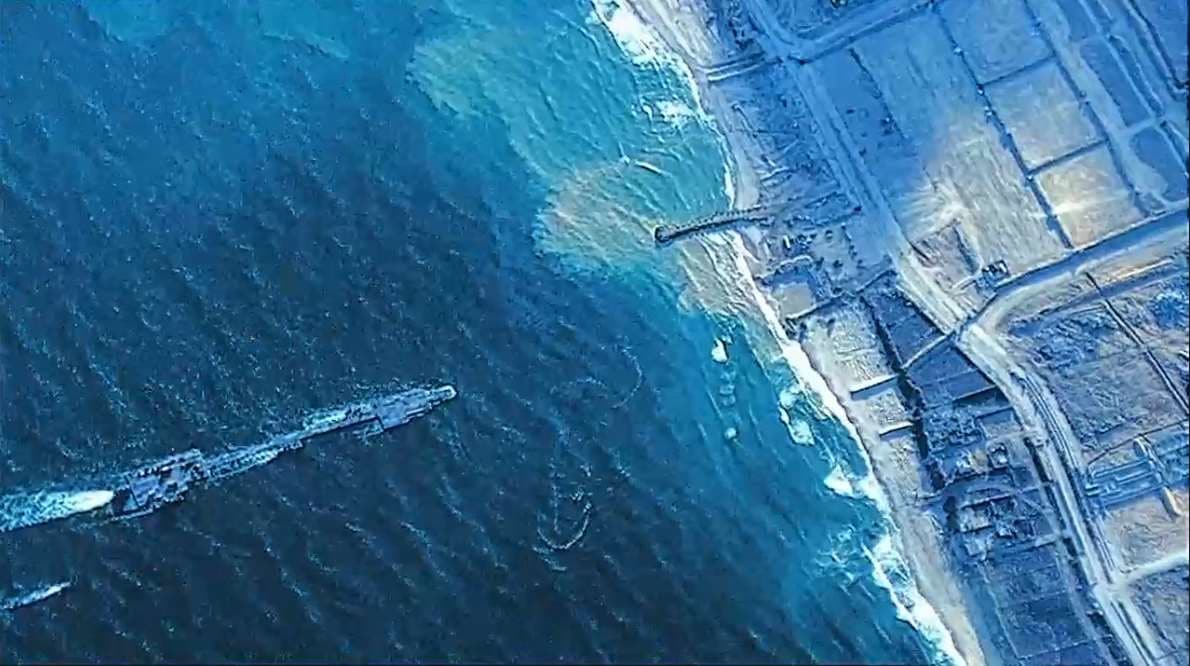The United States has decided to permanently dismantle the temporary pier off the Gaza coast, following a recommendation from the U.S. Central Command. The decision comes after the pier faced significant logistical challenges and adverse weather conditions, rendering it operational for only about 20 days since its installation in May.
The pier, currently in port at Ashdod, Israel, will not be reattached to the Gaza shore. The initial purpose of the pier was to facilitate the rapid delivery of humanitarian aid to Gaza. The aid corridor consisted of a floating dock in the eastern Mediterranean, where ships from Cyprus transferred aid to U.S. military support vessels. The vessels then transported the aid to the shore-attached pier, from which trucks would drive the supplies into Gaza.
Vice Admiral Brad Cooper, deputy commander of U.S. Central Command stated that the temporary pier had achieved its intended effect by delivering nearly 20 million pounds of aid during its brief operational period. Cooper acknowledged that the mission was hindered by frequent disruptions due to bad weather and mechanical malfunctions. Heavy seas and storms necessitated multiple detachments and repairs, leading to extended periods where the pier was non-operational and docked at Ashdod.
In addition to weather-related issues, security concerns further complicated the mission. The World Food Programme suspended aid distribution from the pier in mid-June, citing safety risks. Humanitarian groups emphasized the need for more efficient ground routes for aid delivery, noting that the pier’s contribution was minimal compared to other methods.
Moving forward, aid will be routed through the Ashdod port and transported into Gaza via ground crossings. The U.S. military personnel operating the pier, known as the Joint Logistics Over-the-Shore (JLOTS), will soon redeploy back to the United States.
Gaza’s floating pier, designed to facilitate aid into the strip, is set to be shut down — less than two months after the US installed it at an estimated cost of $320 million. pic.twitter.com/IdVOCnVpRe
— DW News (@dwnews) July 17, 2024






